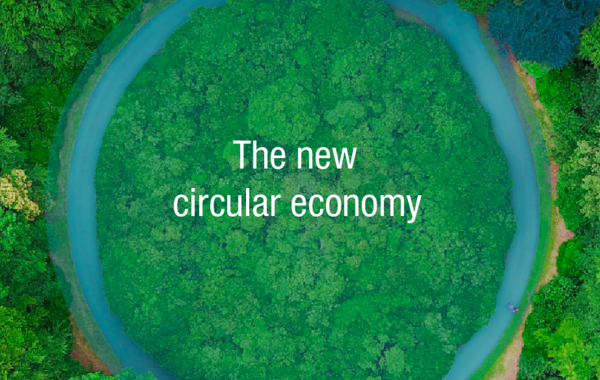We have built long-term sustainable purchasing and supplier policies that prohibit the sourcing of soy products from lands that are illegally deforested. In addition, part of our purchasing policy is to encourage our suppliers to pursue certification according to recognised schemes for responsible production, especially when it comes to soy.
A cornerstone in our purchasing policy is assuring that all feed ingredients are produced in a safe and responsible way. In order to do so it is essential that also for vegetable raw materials we are able to trace these raw materials back to the country of origin – where they were cultivated. It is important to know the country of origin for raw materials in order to evaluate risks associated with illegal deforestation and lack of respect for labour rights and human rights.
In 2019 we identified that 55% of the soy Skretting purchased was identified coming from South America. The rest originated from countries and regions like the USA, Canada, Europe, Africa and India.
As of today we do not have a regular and mandatory system to trace soy products back to the country or region of soybean cultivation. In 2019 we worked with ProTerra and our soy protein concentrate producers in Brazil to improve traceability of where soy has been cultivated. From 2020 we will be able to trace the soy that is the origin of soybean concentrate in Brazil back to the community where it was cultivated.
In 2019, 33% of our soy purchases met criteria of being deforestation-free. Compliance was assured through buying soy that where either ProTerra or RTRS certified. We see a reduction of the deforestation-free soy purchases compared to 2018. This is due to our salmon feed producing operations buying a majority of deforestation-free compliant soya. In 2019, Skretting closed its business in the UK, where only deforestation-free soy was purchased. In 2020 we will work to improve our risk evaluation of deforestation when buying from different geographical areas.

